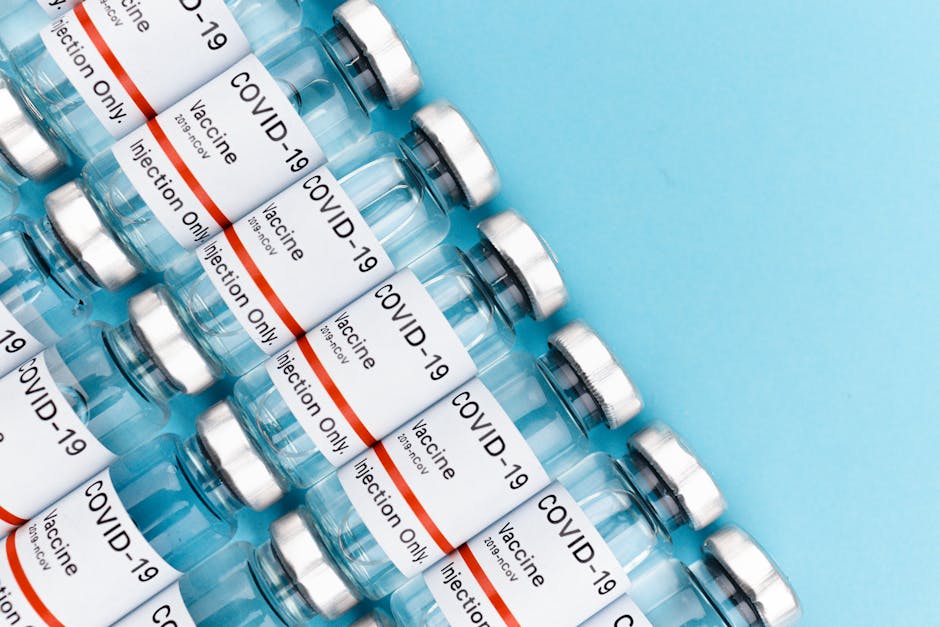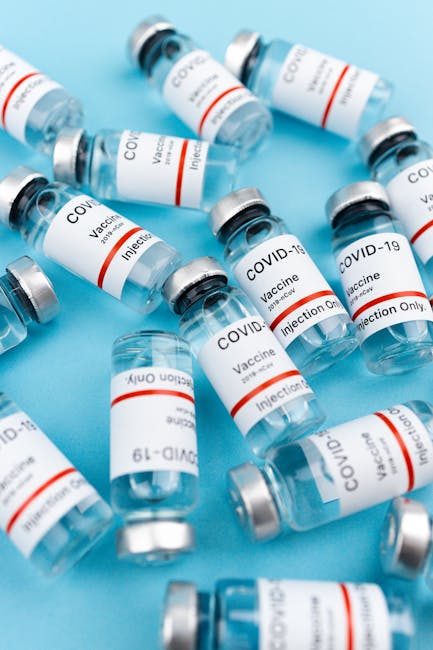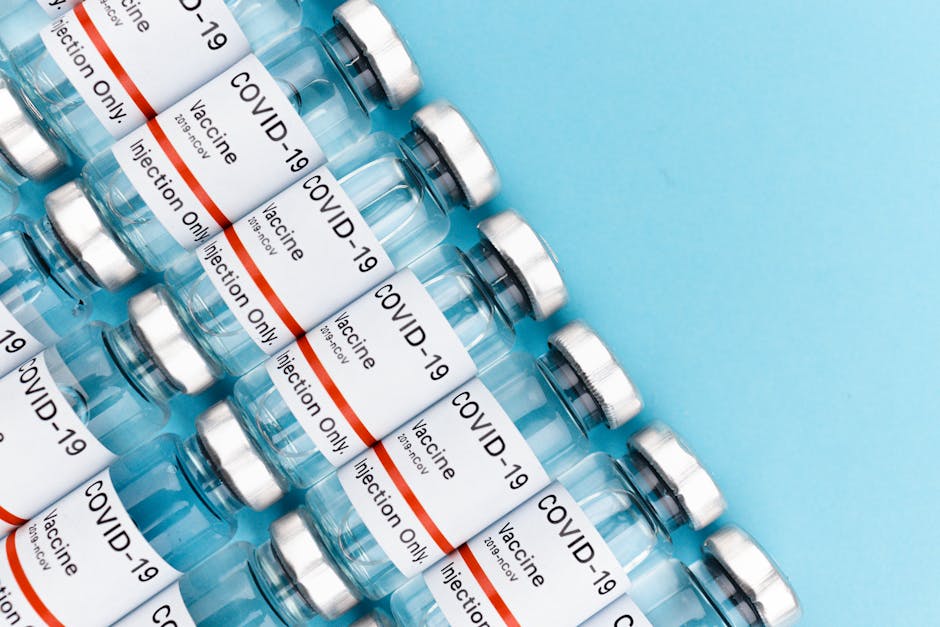FDA COVID-19 Vaccine News & Updates: A Comprehensive Guide to Safety, Efficacy, and Authorizations
The COVID-19 pandemic spurred unprecedented efforts in vaccine development, leading to the rapid authorization and approval of multiple vaccines. The Food and Drug Administration (FDA) played a pivotal role in this process, rigorously evaluating the safety and efficacy of each candidate. This comprehensive guide provides a detailed overview of the FDA’s involvement, covering key milestones, ongoing monitoring, and crucial information for understanding the evolving landscape of COVID-19 vaccination.
The FDA’s Role in COVID-19 Vaccine Development and Authorization
The FDA’s primary responsibility is to protect public health by ensuring that vaccines are both safe and effective. During the COVID-19 pandemic, the agency accelerated its review processes while maintaining its rigorous standards. This involved multiple stages:

- Pre-clinical Testing: Extensive laboratory and animal testing to assess the vaccine’s safety and potential efficacy.
- Phase 1, 2, and 3 Clinical Trials: Large-scale human trials to evaluate the vaccine’s safety, efficacy, and potential side effects in diverse populations.
- Emergency Use Authorization (EUA): A pathway allowing the FDA to authorize the use of unapproved medical products, including vaccines, during public health emergencies. This expedited the availability of vaccines while ongoing data collection continued.
- Full Licensure/Approval: After extensive data review demonstrating both safety and efficacy, the FDA grants full licensure, representing the highest level of regulatory approval.
- Post-Market Surveillance: Continuous monitoring of the vaccine’s safety and efficacy after it’s been deployed to the public. This includes tracking adverse events and updating recommendations as needed.
Emergency Use Authorizations (EUAs) and Full Approvals
Initially, COVID-19 vaccines were authorized under EUAs. This allowed for quicker deployment while ongoing data was gathered. However, once sufficient data demonstrated long-term safety and efficacy, the FDA transitioned several vaccines to full licensure, offering a higher degree of regulatory certainty.
Key COVID-19 Vaccines Authorized/Approved by the FDA
Several COVID-19 vaccines have received either EUA or full approval from the FDA. Specific details regarding efficacy and safety profiles are available on the FDA website and through the CDC.

- Pfizer-BioNTech COVID-19 Vaccine: This mRNA vaccine has received full approval for individuals 16 years of age and older, and EUA for younger age groups.
- Moderna COVID-19 Vaccine: Similar to the Pfizer-BioNTech vaccine, this mRNA vaccine is fully approved for certain age groups and authorized under EUA for others.
- Johnson & Johnson/Janssen COVID-19 Vaccine: This viral vector vaccine received an EUA, offering a single-dose option. The FDA continues to monitor its safety and efficacy.
FDA’s Ongoing Monitoring and Updates
The FDA continues to closely monitor the safety and efficacy of all authorized and approved COVID-19 vaccines through its post-market surveillance programs. This involves analyzing data from various sources, including:
- Vaccine Adverse Event Reporting System (VAERS): A system for reporting any adverse events following vaccination.
- Clinical trials data: Ongoing analysis of data from clinical trials to identify any long-term effects.
- Real-world data: Data collected from various sources, such as electronic health records, to assess the vaccine’s effectiveness in the real world.
Based on this ongoing monitoring, the FDA may issue updates, recommendations, and guidance on vaccine use, including booster shot recommendations.
Booster Shots and Vaccine Updates
The emergence of new COVID-19 variants has necessitated the development and authorization of booster shots to maintain high levels of protection. The FDA plays a critical role in evaluating the safety and efficacy of booster vaccines and determining eligibility criteria.
Understanding Booster Shot Recommendations
The FDA’s recommendations regarding booster shots consider several factors, including:
- Emerging variants: The ability of the booster to protect against newer, potentially more transmissible variants.
- Waning immunity: The decrease in immunity over time after the initial vaccination series.
- Individual risk factors: Certain individuals, such as those with compromised immune systems or older adults, may benefit from booster shots sooner.
Addressing Public Concerns and Misinformation
The FDA actively works to address public concerns and counter misinformation regarding COVID-19 vaccines. The agency provides clear, concise information on its website and through other channels, aiming to ensure that the public has access to accurate and reliable data.
Navigating Misinformation
It’s crucial to rely on credible sources of information, such as the FDA website, the CDC website, and other reputable public health organizations. Be wary of misinformation spread through social media or unreliable sources.

The Future of COVID-19 Vaccination
As the pandemic evolves, the FDA will continue to play a vital role in guiding the development, authorization, and monitoring of COVID-19 vaccines. The agency’s commitment to rigorous scientific review and transparent communication is crucial in ensuring public trust and confidence in the vaccination process. Staying informed about FDA updates is essential for making informed decisions regarding your own health and the health of your community.
Disclaimer: This article provides general information and should not be considered medical advice. Always consult with a healthcare professional for any questions or concerns regarding COVID-19 vaccination.

